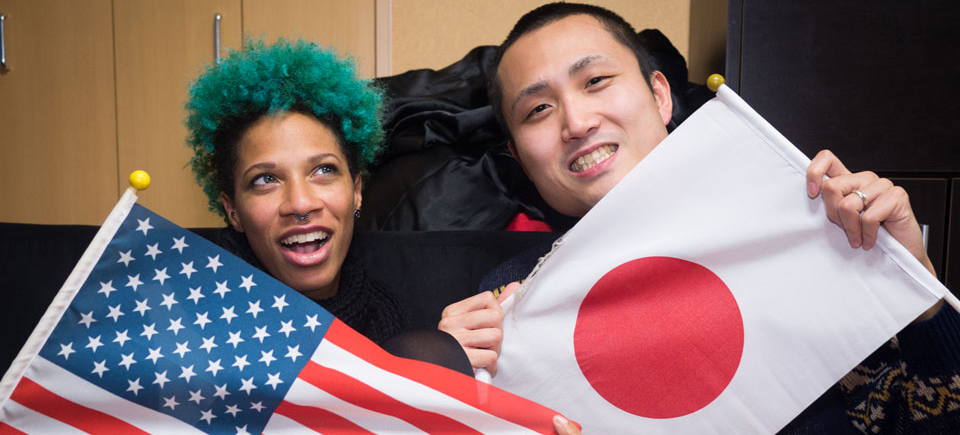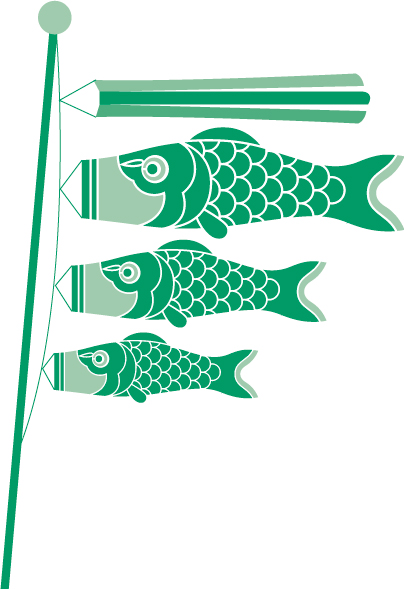Language
Confess Your Love!
 If you’re planning to ask out a special Japanese someone this Valentine’s Day (barentaindee; バレンタインデー), as in start a more serious relationship, it’s important you understand kokuhaku (告白), the nerve-racking custom of confessing one’s love.
If you’re planning to ask out a special Japanese someone this Valentine’s Day (barentaindee; バレンタインデー), as in start a more serious relationship, it’s important you understand kokuhaku (告白), the nerve-racking custom of confessing one’s love.
Kokuhaku literally means “confession,” and is done when a man or a woman declares their love to another in the hopes of starting to date that person, and begin a romantic relationship.
Everything starts from the act kokuhaku, and not much, besides fairly platonic friendship, usually happens before it.
The most basic way of confessing this is to say, “Sukidesu.Tsukiattekudasai.” (好きです。付き合ってください。) This translates to, “I love you, can we start seeing each other?”
It marks the beginning of a serious boyfriend/girlfriend relationship. You may have hung out with the person a few times, but your relationship hasn’t technically started until this confession of love is made.
You may have heard the expression “aishiteru” (愛している) – “I love you” – before, but the Japanese barely use it. Aishteru has much more weight than “I love you” in English, and is reserved for the truly special people in a Japanese person’s life. For your kokuhaku, a simple “suki desu” (好きです) – “I like you” – will do.
But, if you’re feeling like you want to be a bit more elaborate, the table below has some other options you could try.
So, pluck up your courage, get out there and kokuhaku shiyou! (Confess!).
Useful Expressions
| Kekkon o zentei ni otsukiai sasetekudasai. | 結婚を前提にお付き合いさせてください。 | The expression means, “I would like to have a relationship with you with the goal of eventually getting married.” It may seem overly practical and not very romantic, but some people think it’s a waste of time to date someone who is not looking to get married. |
| Hontou wa anata ga suki. | 本当はあなたが好き。 | “Honestly, I like you.” A simple, natural confession that is a little more sentimental. |
| Boku / Watashi wa kimi no koto ga suki nanda. | 僕/私は君のことが好きなんだ。 | “I’m in love with you.” Boku is for guys to use and watashi is said by girls. This might seem like the optimal confession, but as the Japanese don’t usually go deep into emotional feelings, you’re probably more likely to hear this on a TV drama. |
| Watashi wa anata ni hitomebore shita. | 私はあなたに一目惚れした。 | “I fell in love with you at first sight.” This is kokuhaku – a love confession – but again, chances are you won’t hear it in real life. |
| Watashi wa, tomodachi ijō to shite anata no koto wo kangaete iru. | 私は、友達以上としてあなたのことを考えている。 | “I think of you as more than a friend.” Ready to push past the platonic phase? This is a good one to ease you past the friendship barrier. |
| Anata wa watashi ni totte, totemo daiji na sonzai desu. | あなたは私にとって、とても大事な存在です。 | “You mean so much to me.” Although strong by Japanese standards, this expression of affection should be well received. |
| Mou, kare no koto wa wasurenayo. | もう、彼の事は忘れなよ。 | “You should just forget about him already.” “Him” could also be a “her” kanojo, and sometimes people just need a little persuasion. You never know, you might be a superior match. |
| Would you like to be my boyfriend? | ボーイフレンドに なって くれる? | Booi furendo ni natte kureru? |
| Soredemo anata to tsukiaitai. | それでもあなたと付き合いたい。 | “I still want a relationship with you.” Maybe you’ve been on the rocks and are discussing your future, or perhaps you’re swooping in for your second attempt. In either situation, this could come in handy. |
| Watashi-tachi wa issho ni naru unmei datta n da. | 私たちは一緒になる運命だったんだ。 | “We were meant to be together.” This only works sometimes – primarily when the person you’re saying it to really wants to be with you. Best to make sure this is said post-kokuhaku, or you might scare them off. |









